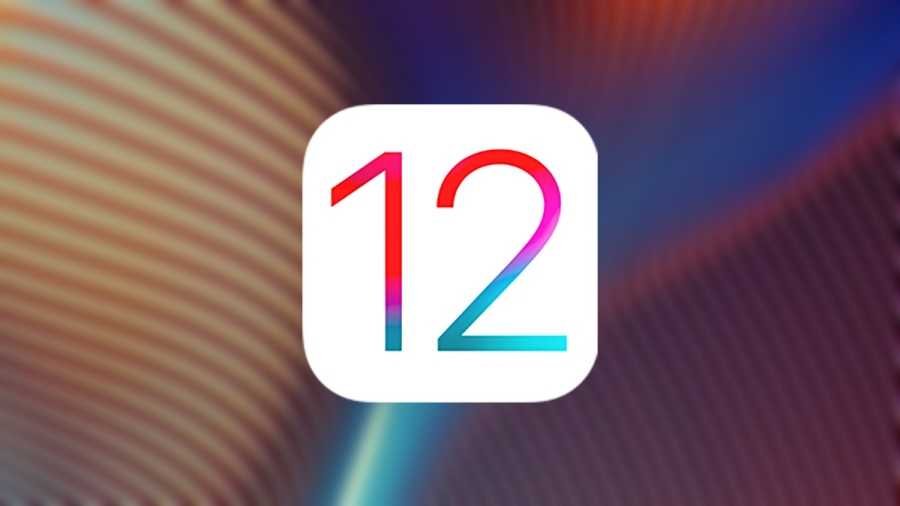Apple's new mobile operating system isn't nearly as secure as the company claims. Apparently iOS 12 came with errorthose that allow a fairly complicated process to bypass the password.
Bypassing the passcode of course gives access to confidential device data such as photos, the contact list and the address book.
The process of exploiting the security vacuum is rather complicated and requires the use of Siri, VoiceOver and Notes. The method works on iPhone smartphones that have the iOS 12 version installed. These include models supporting biometric Face ID or Touch ID.
To circumvent the Face ID and Touch ID security mechanisms, you need to physically access the device (for a very short time) and also to know the victim's phone number.
To override your iOS 12 password, you need to call Siri from the lock screen and ask Apple's digital assistant to activate the VoiceOver service.
Then you should call it iPhone that you want to unlock from another device and at the time of the call, select the reply with message and press the "+" button. If the VoiceOver service is enabled, sending the message from smartphone του θύματος θα προκαλέσει ένα σφάλμα στο σύστημα, με αποτέλεσμα ο εισβολέας να μπορεί να έχει πρόσβαση σε απόρρητα δεδομένα της συσκευής, όπως στις φωτογραφίες, τη λίστα επαφών και το address book. Φυσικά μπορεί να δει τη λίστα με τις εξερχόμενες κλήσεις σας και να έχει περισσότερες και λεπτομερείς πληροφορίες για αυτές κάνοντας click on the "i" key.
The vulnerability was discovered by security expert Jose Rodriguez who has published two videos to prove the problem. At this time, vulnerability has not been repaired.
Look at them video





